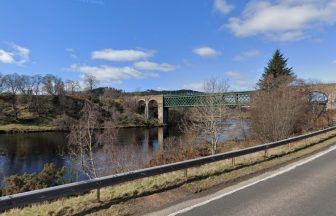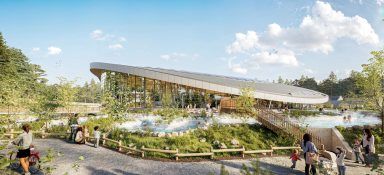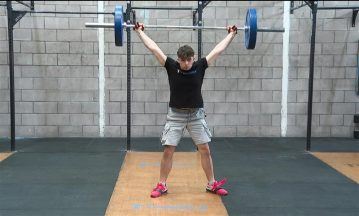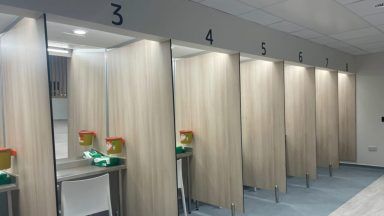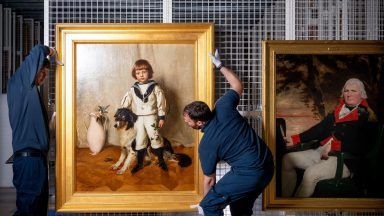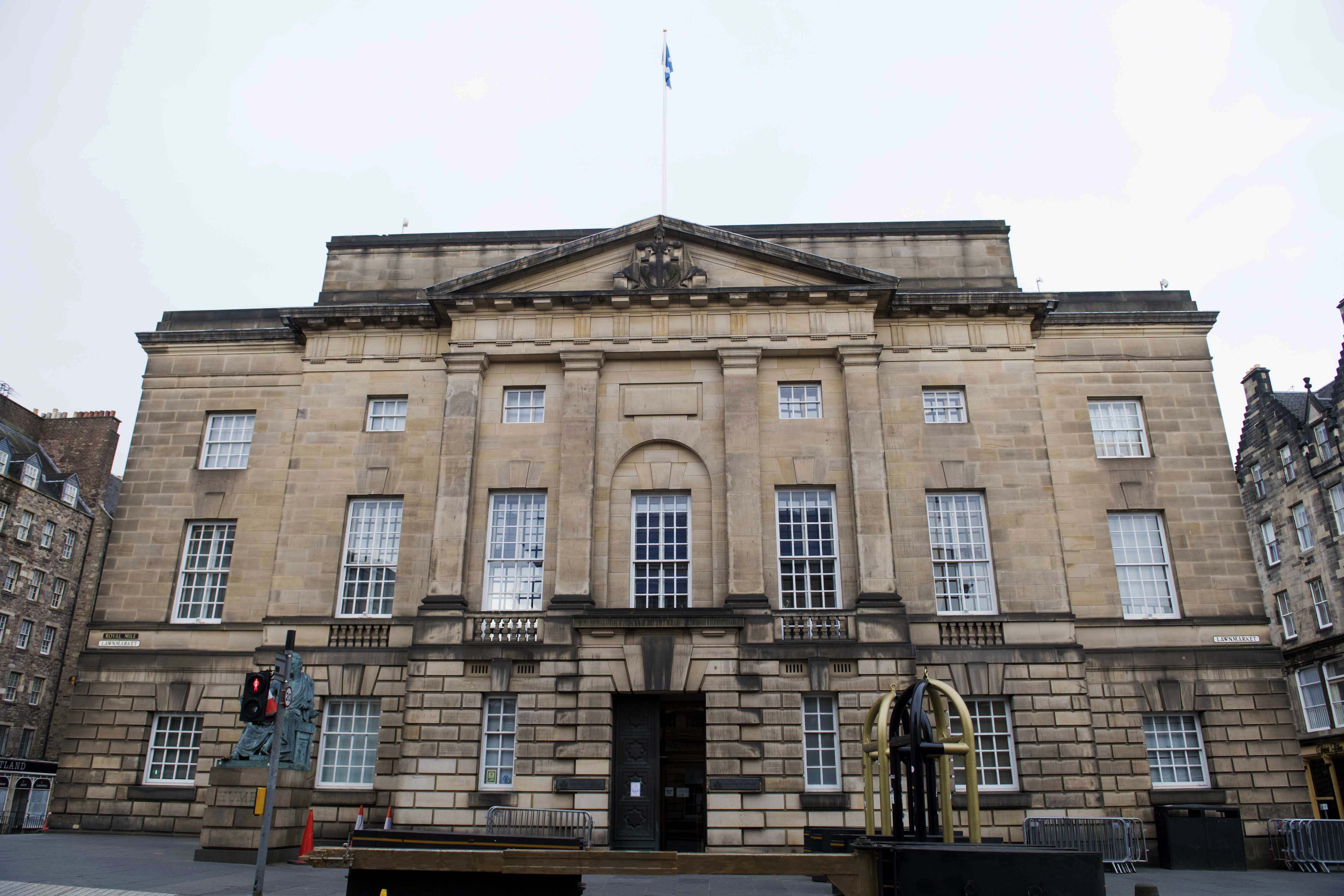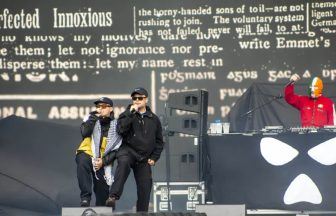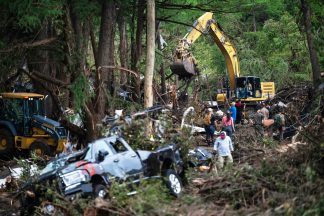On Thursday voters in the Rutherglen and Hamilton West Constituency go to the polls to elect a new Member of Parliament.
STV’s Special Correspondent answers some of the key questions ahead of the contest.
Why is it important?
A general election is due next year and the result in this constituency will give us some hard electoral information about the state of the parties.
At the moment we have to rely on opinion polls as a guide to what might happen in Scotland next year, but this is an actual election where we can compare the result on Thursday with what happened last time around and assess what it tells us about the state of the parties ahead of that general election.
How vulnerable is the SNP?
The short answer is extremely vulnerable – the SNP is defending a majority of 5,000.
Since the last UK general election in 2019, opinion polls show that support for the SNP has fallen and support for Scottish Labour is on the increase.
In 2019, the SNP polled 45% of the vote across all Westminster seats in Scotland. Labour was just short of 19%.
An average of twenty four polls conducted this year puts the SNP on 38% with Labour averaging around 31%. The swing for Labour to win in Rutherglen and Hamilton West is quite modest, about 5%. The polls would indicate that the seat is within reach.
This constituency fell to the SNP in the 2015 landslide but was won by Labour in 2017 before returning to the Nationalists two years later. It is a swing seat and one which Labour should win if the movement in opinion between 2019 and now, as evidenced by the polls, plays out on Thursday.
Does Labour need a big win?
Yes. If Labour just get over the line, then the correct interpretation is that Sir Keir Starmer’s party stands to advance at the general election – but that advance might be modest.
That would especially be the case if the Labour victory is achieved primarily on the back of tactical transfers to Labour from the Conservatives.
The Tories got 8,000 votes in Rutherglen and Hamilton West in 2019 and if a Labour victory is achieved primarily as a result of a collapse in the Tory vote, then we have to be careful about reading too much into what might happen in SNP/Labour battleground seats in 2024.
If, on the other hand, Labour also gets substantial support from people who have voted SNP, then it entertains the possibility that the SNP might be staring a night of disaster at the polls next year.
What is at stake for the SNP?
Given the circumstances that created this election and the fact the SNP has been in charge at Holyrood for 17 years, you would normally expect a party of government to lose such a contest.
If the SNP hold this seat, it will be a significant triumph and will mean that the nationalists can go into a general election with a degree of confidence that it would almost certainly emerge as the largest party.
If the SNP loses by a small margin and its share of the vote holds up, Humza Yousaf’s party will be able to explain it away and “hold a line”, arguing that in the circumstances a defeat does not constitute a disaster.
If however, the SNP lose big and the swing is significant, it will make life difficult. A swing of 10% to Labour, if repeated in a general election scenario, would make up to 20 SNP seats vulnerable.
One word of caution here. We can best predict what will happen in a general election scenario if that election is held shortly on existing boundaries.
The parliamentary boundaries are due to change at the next election including the those of this constituency, so the result will act as a pointer, a guide as to what might happen.
What about the Scottish Conservatives?
It is likely that the Tories’ vote and vote share will fall. The only question is whether it falls modestly or collapses. The Scottish wide polls suggest the Tories are about 7% down on 2019 performance.
Unionist voters might opt to cast a vote for Labour as a means of keeping the SNP out. That scenario would further exacerbate the fall in Conservative support.
Last time around in this constituency the Tories managed 15% of the vote. It is likely to fall into single figures this time around.
What do by-elections tell us?
By-election results fall into one of two categories. The first is results which look interesting or even spectacular, but which offer no real pointer as to what will happen in a general election.
By-elections allow voters to let off steam, to make a protest in the matter of electing an MP even if those voters will approach the issue of electing a government in a general election situation in a completely different way.
History is full of results where a party has gained a seat at a by election on a huge swing but has lost it at a general election as voters address the issue of electing a governing party in a differently.
The second, and much smaller category, is a result which has a lasting significance in shaping the electoral mood right up to and beyond a general election.
I am going to venture the opinion that this by-election will fall into this category given what is at stake and given its proximity to a general election.
Hamilton in 1967 signalled the birth of the modern SNP even although Winnie Ewing lost it at the 1970 General Election. The win meant the SNP would never again be a fringe force.
Glasgow Garscadden in 1978 was won by Labour when many commentators expected an SNP win. Donald Dewar’s victory started an electoral rot for the SNP which lost nine of its eleven MPs at the 1979 General Election.
Glasgow Govan in 1988 was won by the SNP but was lost at the 1992 General Election. But victory for Jim Sillars signalled the SNP had finally shaken off the electoral hangover which had lasted since its slide in 1979.
What is at stake for Sir Keir Starmer and Humza Yousaf?
In a word, credibility. If Labour is to win a UK general election, and it is still a big if, it needs that victory made in Scotland as well as England and Wales. Starmer admitted as much on a visit to the constituency last week. A big victory will enthuse his troops going into the 2024 poll.
For the First Minister, victory gives him a vote of confidence early into his period of office. Defeat would be bad, and a huge defeat could well be a portent of impending electoral meltdown.
The stakes are high and not least because of the ability of this poll to provide momentum for one of these parties and ask significant questions of the other.
What should we look out for on the night?
The first issue is turnout, and we will know what that is before we have the result. At the last three general elections in this seat, voter turnout was registered at 69.6% (2015), 63.5% (2017) and 66.5% (2019).
However, it is unlikely that turnout in a by-election will hit the level of a general election.
The other issue that will be interesting is to try and ascertain whether or not there has been “differential turnout” in party support.
This happens when voters for one party decide they can’t back their party this time around, so decide to abstain by staying at home rather than transferring to another party. This depresses turnout and acts as a kiss of death to victory ambitions.
This seat normally declares early on election night. With a lower turnout we should have the result in the early hours of Friday morning and well before some of the declarations we have seen at recent English by-elections which have come in well after 3am.
Any trivia associated with this poll?
Well, this is a record number of candidates for a Scottish by-election, 14 in total. The count therefore will be colourful.
Might one of them get a record low vote for a Scottish by-election?
Well, they will need to poll fewer than five votes to set a new record. That record is held by the late Commander Bill Boakes in the Glasgow Hillhead by-election of 1982. He stood as a “Public Safety, Democratic Monarchist, White Resident” candidate.
How can you follow the results live?
STV will be on air at 11.40pm on Thursday with a Scotland Tonight By Election Special.
STV’s political editor Colin Mackay will be in the presenter’s chair and I will be providing commentary and analysis of the result and what it might mean for the various parties in the run up to the general election.
Follow STV News on WhatsApp
Scan the QR code on your mobile device for all the latest news from around the country


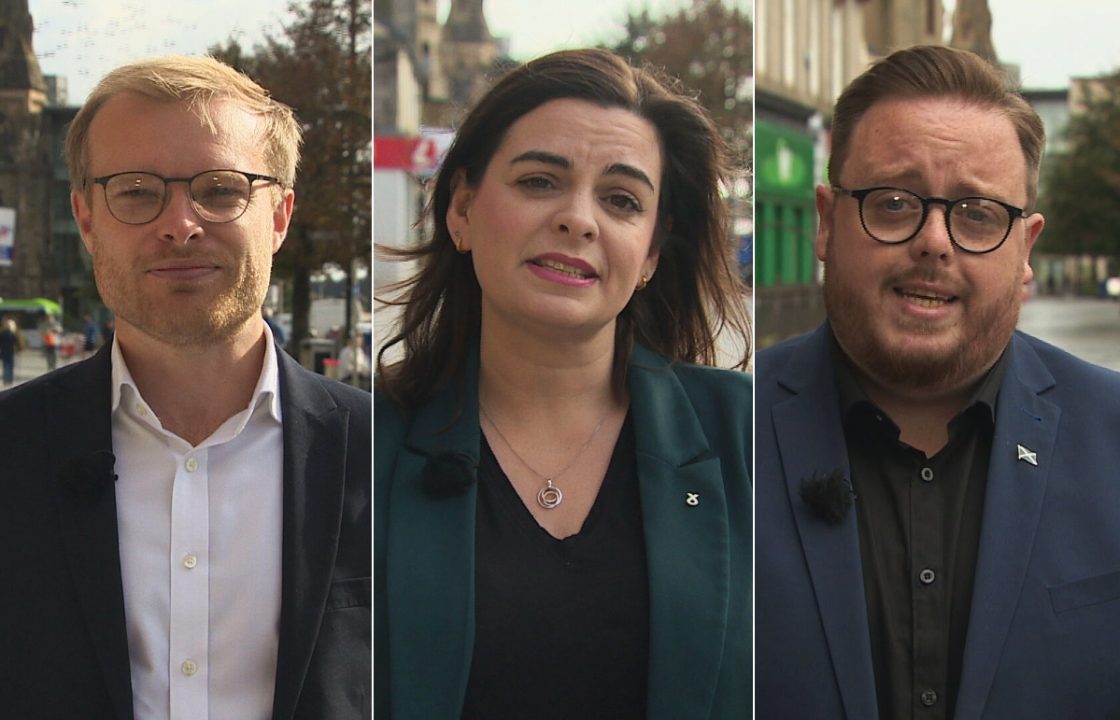 STV News
STV News
